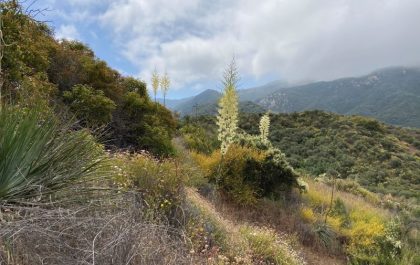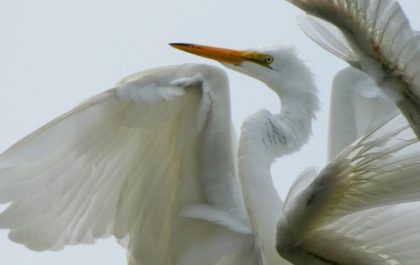Independence.
What an interesting word. As we just recently celebrated Independence Day in the United States, I woke up thinking about this word, and even though I wanted it to give me the feeling of freedom, of being self-sufficient and powerful on my own, it did not register that way for me today. The word kept splitting itself in my mental verbal judo. It kept adding a break in the middle that I really didn’t like.
In • Dependence.
Ugh. Immediate gut reaction. Ugh.
My first thought –> that’s the last thing I want –> to feel dependent on something or someone else. But no matter how much we all want to say how free and independent we are, the truth is we are such interconnected beings. We cannot really extricate from one another, no matter what we do. A single person cannot survive alone. Well, maybe they could survive, but certainly not thrive. A single person cannot effectively move through this human life with that type of barren existence. We need each other.
Inter • Dependence
This brings me to the word interdependence. Steven Covey, in his book The Seven Habits of Highly Effective People, talks about the differences between dependence, independence, and interdependence. When we are babies, we are dependent on others to feed us, then we become more independent as we grow older, in the sense that we can do things for ourselves, then as we start to mature, we start to have the awareness that “nature is interdependent.”
Covey says, “On the maturity continuum, dependence is the paradigm of you—you take care of; you come through for me; you didn’t come through; I blame you for the results. Independence is the paradigm of I—I can do it; I am responsible; I am self-reliant; I can choose. Interdependence is the paradigm of we—we can do it; we can cooperate; we can combine our talents and abilities and create something greater together.
Dependent people need others to get what they want.
Independent people can get what they want through their own effort.
Interdependent people combine their own efforts with the efforts of others to achieve their greatest success.”
“Interdependence is a far more mature, more advanced concept. If I am physically interdependent, I am self-reliant and capable, but I also realize that you and I working together can accomplish far more than, even at my best, I could accomplish alone. If I am emotionally interdependent, I derive a great sense of worth within myself, but I also recognize the need for love, for giving, and for receiving love from others. If I am intellectually interdependent, I realize that I need the best thinking of other people to join with my own,” continues Covey.
As humanity continues to evolve, it feels clear to me that, if we are going to grow into a more conscious society of beings, we are going to need each other. We are going to need community and kindness and compassion, and appreciation of each others’ gifts. This ancient African proverb sums up the concept of interdependence quite beautifully: “If you want to go quickly, go alone. If you want to go far, go together.”












